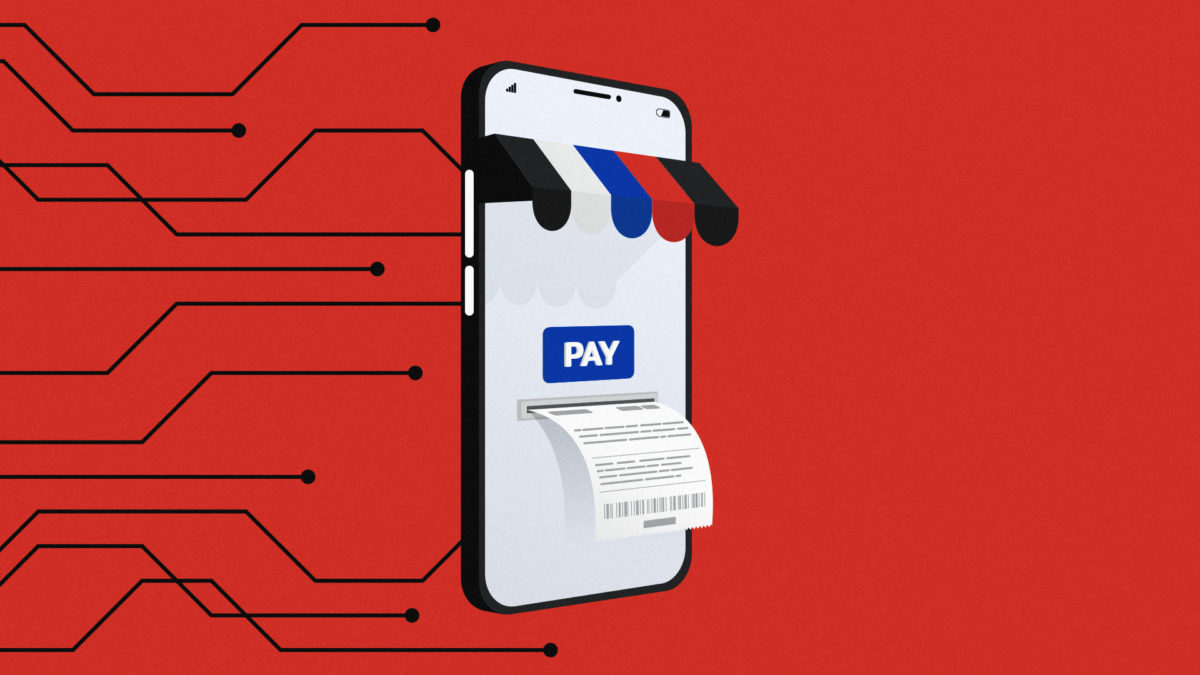Russia can dabble in crypto but won’t avoid sanctions, US analysts say

Russian banks are expediting its adoption of digital assets and crypto to avoid sanctions, while top US crypto analytics firms say it won’t have a meaningful impact on its economy.
Russia’s third-largest bank, Gazprombank, will release its digital wallet, GazpromPay, on March 22. The wallet will interface between bank cards and online shopping sites.
In January, before it invaded Ukraine, the Central Bank of Russia (CBR) advocated banning most residents from using crypto, reasoning that criminal actors could use it for illicit activities. Most other Russian financial institutions advocated a regulatory approach instead.
But wartime sanctions and banks’ sudden ejection from SWIFT seems to have caused a cautious change in CBR’s mindset. Last Thursday, it granted largest lender Sberbank a license to issue and exchange digital assets.
Over the weekend, CBR also released a statement urging banks to closely monitor clients’ crypto transactions for ‘anomalies’ in investments, particularly to organizations in ‘unfriendly’ territory.
Russia’s financial connections to Western economies have dwindled since the war broke out:
- The most severe sanction removed Russian banks from the European Union’s international payments network, SWIFT.
- The US Treasury imposed sanctions on Russian President Vladimir Putin and Minister of Foreign Affairs Sergei Lavrov.
- It also sanctioned other Kremlin elites and family members who enabled the invasion, including financiers for Putin.
- Last week the Treasury further announced an agreement with Europe, Australia, and Japan to coordinate operations to freeze or seize assets held by sanctioned parties.
Will using crypto to avoid sanctions have an impact?
US lawmakers have expressed concern that Russia’s finance firms could use crypto to avoid sanctions. In recent testimony before the US Senate Banking Committee, however, some crypto experts cast doubt on Russia’s ability to use crypto to evade sanctions meaningfully.
Blockchain analytics firm Chainalysis’ co-founder, Jonathan Levin, stressed that his company had not found any evidence that Putin and his supporters are materially using crypto to avoid sanctions. The New York-based company regularly works with major US agencies.
Blockchain forensic analytics company Elliptic disputed some of these assurances last week, claiming it had traced crypto worth millions linked to sanctioned Russian officials and oligarchs.
Yet it reiterated that using crypto to avoid sanctions would be limited to individual, smaller-scale efforts — as crypto can’t currently handle the sheer scale of transactions Russia would need.
Former FinCEN acting director Michael Mosier agreed, affirming that liquidity in the crypto market is woefully insufficient to run Russia’s large economy.
In early March, major US think tank Brookings rang alarm bells over the use of Monero and ZCash for evading sanctions. While most crypto assets like Bitcoin and Ethereum have relatively stringent anti-money laundering (AML) and know-your-customer (KYC) regulations, crypto and decentralized exchanges that promise anonymity provide easier ways for individual criminals to funnel illicit funds.
Meanwhile, crypto donations have continued for Ukraine. The country has benefited from international benefactors, raising more than $100 million via crypto. The Ukrainian government also passed a law enabling the government to accept those donations.
It has already liquidated those assets to buy equipment and food for its military.
Looking for bite-sized news? We’re on Twitter.
Out now: the first four episodes of our ongoing investigative podcast series Innovated: Blockchain City.
